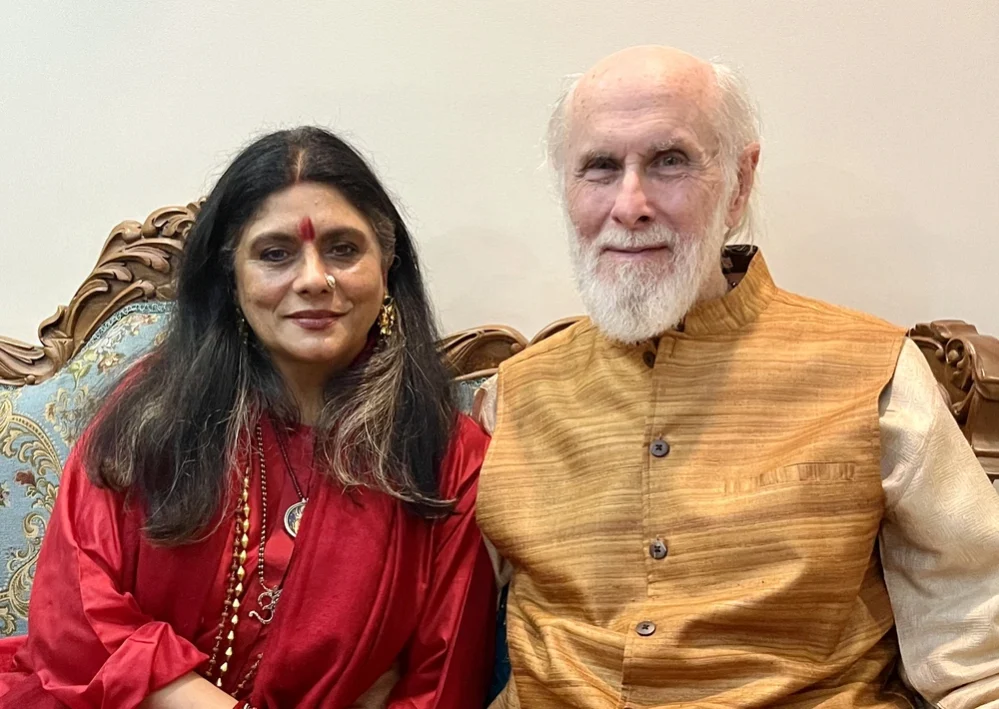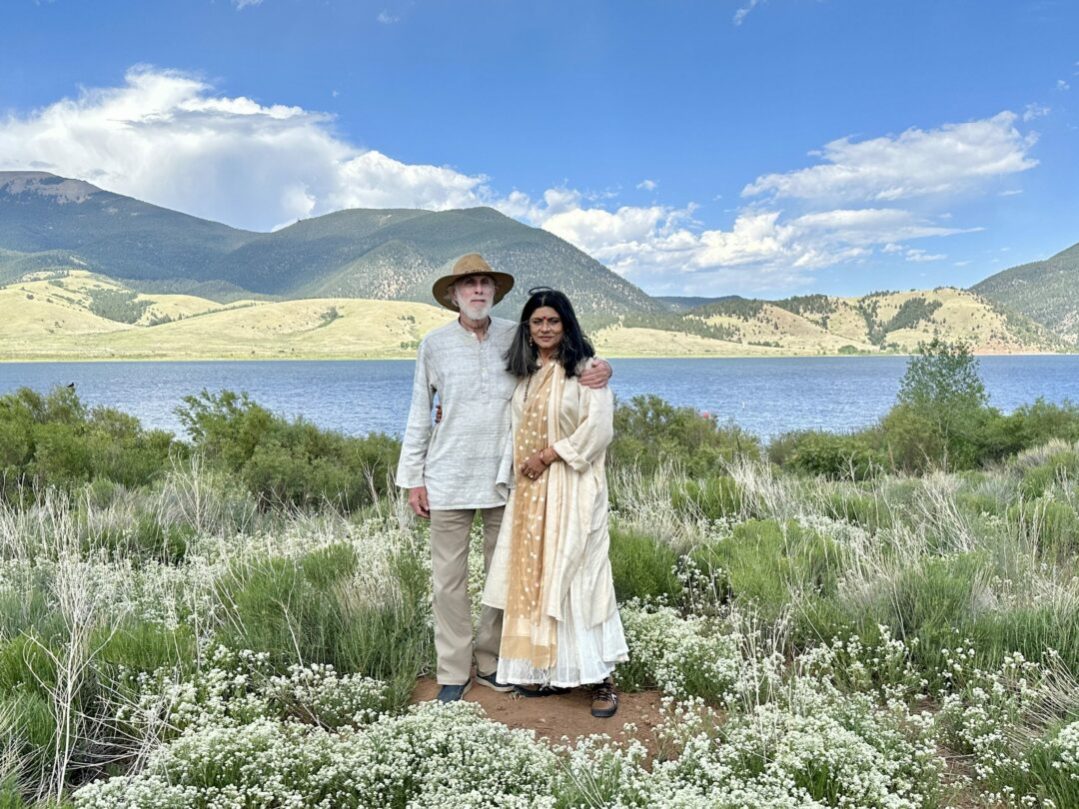Artificial Intelligence (AI) and the Rishi Mind
CONDITIONED NATURE OF THE HUMAN MIND The human mind in many ways is similar to a computer, a programmed
CONDITIONED NATURE OF THE HUMAN MIND The human mind in many ways is similar to a computer, a programmed
Global Esoteric Traditions Esoteric, mystical, and occult traditions have been widely connected worldwide as far back as we can trace
Most of us strive to periodically reset our bodies and their organic functioning to allow for proper rest and renewal.
Depression has become widespread in recent years It is afflicting young and old, rich and poor, educated and uneducated
There is an inner state of listening, called Shravana in Vedanta, where the mind is silent, receptive and non-reactive, allowing
Karmic Responsibility: Taking Control of Your Life The first thing Vedic counseling teaches us is that our lives are a
Unlock Ancient Wisdom
Important Pages
join our mailing list to learn about new events, articles and courses

Live Webinar with Dr. David Frawley

WITH DR. DAVID FRAWLEY

